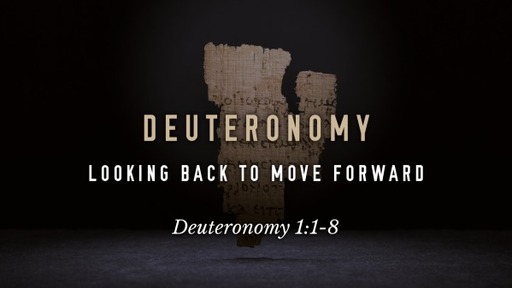Deuteronomy

It is not so much a ‘second law’ as a preaching, or reapplication, of certain laws given in the preceding books of the Pentateuch.
There are three different approaches commonly used to explain the structure of Deuteronomy:
1. Deuteronomy consists of three farewell speeches of Moses.
2. Deuteronomy is an exposition on each of the Ten Commandments in order.
3. Deuteronomy is modeled after ancient Near Eastern treaties.
1:5. When Moses expounded these words, Israel was east of the Jordan in … Moab. The word expound is significant for it means that Moses did all he could to make God’s Word clear to the Israelites. The word bā’ēr is used only here and in 27:8 (where it is rendered by the adverbs “very clearly“) and in Habakkuk 2:2 (“make it plain”). Basically the verb means “to dig” (e.g., to dig a well; “well” is be’ēr).
In the course of these speeches Moses sought in various ways to instill an obedient spirit in his audience. He used the threat of judgment, the promise of reward, and appeals to God’s graciousness to seek to accomplish that goal. The word translated Law actually means “instruction,” not merely a body of laws in the modern sense. It is instruction in how to walk with God.
This emphasis on the “land” is unusually strong in Deuteronomy, for this word occurs almost 200 times.